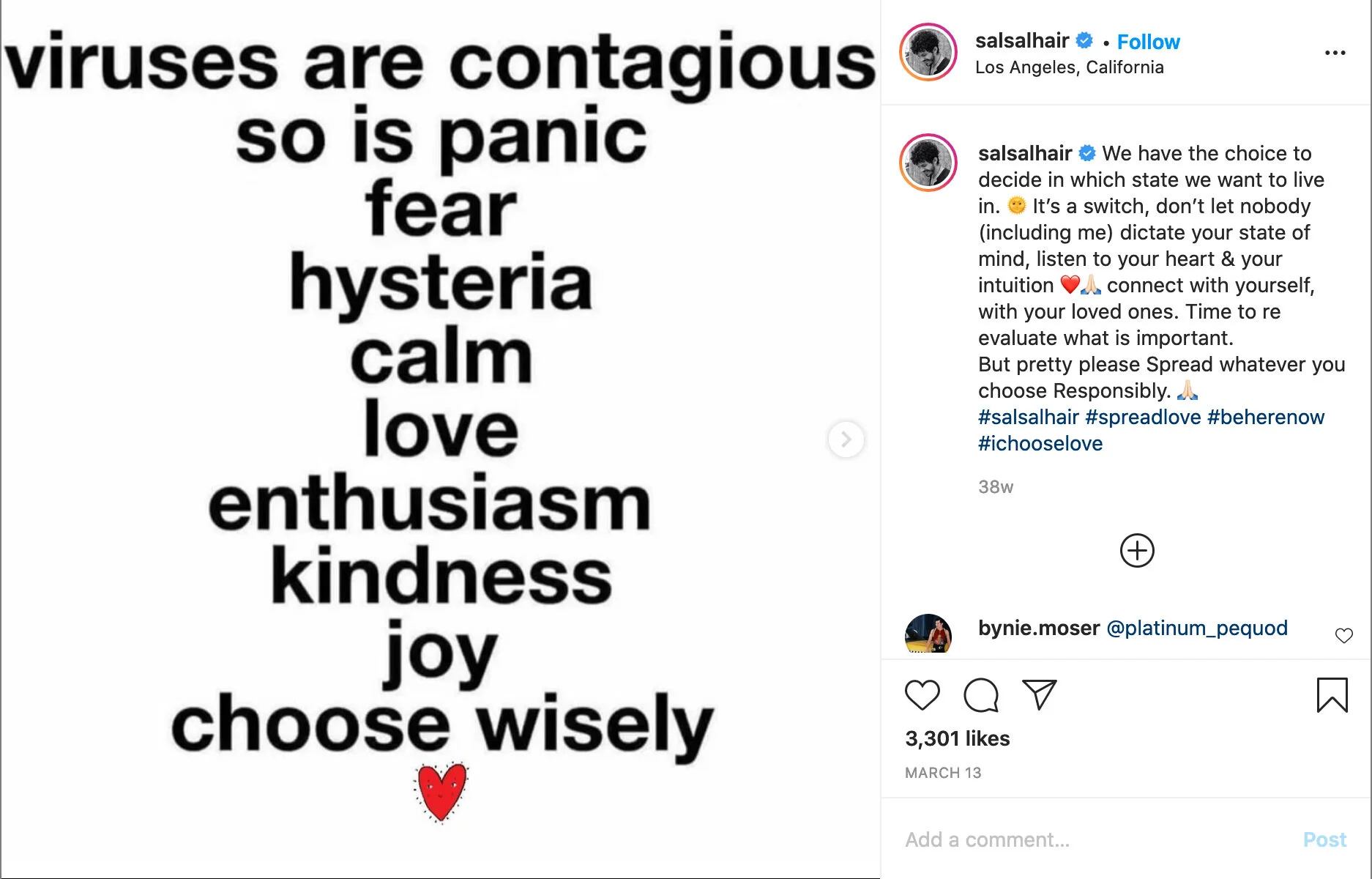The Rise of Toxic Positivity
How Bad Can Positivity Be?
I am all for positivity and having a great attitude, but I am first and foremost a realist. Some people group realists and pessimists together, but being realistic doesn't automatically mean negative. No, being a realist is being someone who is aware of the bad, but instead of letting that get them down, they either look for a better approach or learn to cope with the situation. A pessimistic viewpoint is when someone sees life as a constant struggle, so why bother looking for the good? Then we have optimism on the other end of the spectrum, where instead of seeing problems, there are challenges to be overcome and favorable outcomes to be had. But like anything in life, too much of one thing can end up being bad for you, no matter how good it might have started out. And now we're left with toxic positivity.
For those that haven't heard the phrase "toxic positivity," you've likely experienced it at some point in your life. Whether it was someone telling you, "everything happens for a reason.." after a traumatic event, or simply a lack of empathy coming from someone saying, "well hey, things could always be worse so look on the bright side!" Sure, they mean well, but was the comment helpful whatsoever? No. Telling a friend that you lost your job and them replying with some generic, "well, at least you still have a roof over your head!" is neither useful nor on topic. While it's great to look for the positives, doing so excessively can lead to state of denial. And when we start to deny our feelings, those emotions don't just vanish, they trickle into other areas of our lives and can cause us to live in-authentically.
In fact, when someone starts to invalidate their own feelings, they can become insensitive and sadder in the long run. Which totally makes sense. Any time we try to hide how we really feel, it tends to come out even stronger and reinforce itself in our mind. Let's say you just got dumped but promised your friend you'd go to their party (this is in a Covid free world obviously), the whole time you're going on about how great you're doing and how fun the party is, but you actually feel devastated. The more times you reassure everyone with how great you're doing, the worse you're probably going to feel. By accepting the negative feelings, we help ourselves cope and lessen the intensity of them. And this notion applies to all of our emotions. Instead of looking at certain feelings as bad or good, we need to look at them as informative signals. Once we learn to look at emotion like information, we can learn why we feel what we feel in situations and have better reactions to similar things in the future.
If you haven't personally or professionally experienced toxic positivity, social media has you covered. I personally notice toxic positivity in a lot of "I'm not religious, I'm spiritual" type of accounts. The type of accounts that spew constant flurries of, "good vibes only!" and "just think positively!" as catchalls for the myriad of complex issues in the world. Therapists and other psychological professionals suggest using language that shows you hear the other person, rather than telling them how the problem should be fixed. I know that when I'm annoyed or frustrated, I really just want to vent and be annoyed; I'm not looking for suggestions or advice on how to become less annoyed, I'm looking for my friend or family member to say, "wow, that is annoying." Of course, this isn't the case for every single situation, but most of the time, people just want to know that they were heard and that their feelings are valid.






